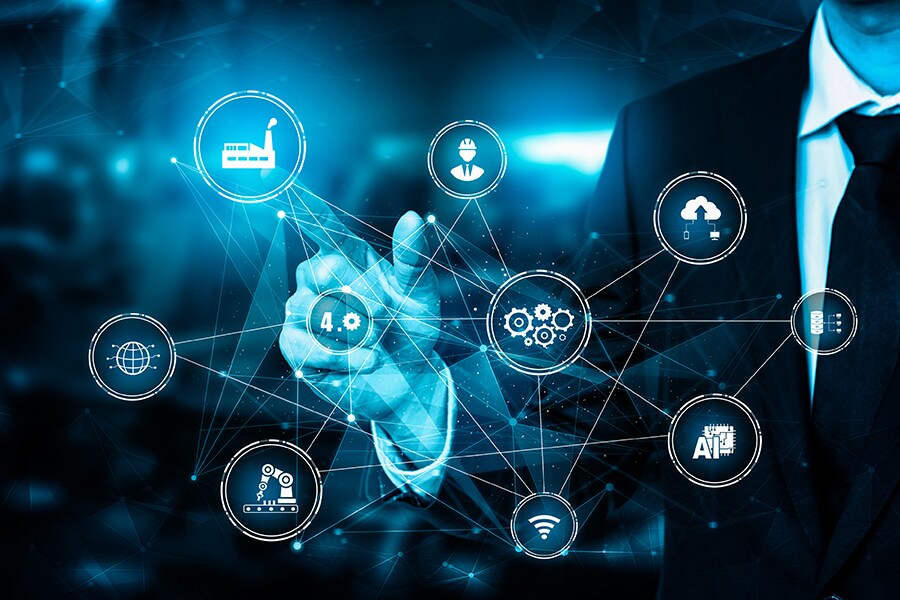
Three ways digitalisation changes corporate responsibility
The fourth industrial revolution changes the 'who', 'whom' and 'what' of corporate responsibility
 Image: Shutterstock
Image: Shutterstock
When a virus brought the world to its knees, the digital economy got a shot of adrenaline. Remote working, e-commerce and distance learning boomed. Organisations scrambled to acquire the technologies that enable virtual meetings and collaboration among employees, clients and other stakeholders. Governments and scientists tapped into artificial intelligence and shared data to come up with responses and solutions.
In short, Covid-19 deepened our collective dependency on digital technologies. We are well in the throes of the Fourth Industrial Revolution – what worked or held true in the analogue economy may no longer apply. In fact, the basic foundations and assumptions of certain fields may require re-examination, and one of them is corporate responsibility (CR).
While scholars have delved into specific ethical issues in the digital economy, research so far has not addressed the question of how corporate responsibility as a field, including its basic foundations and assumptions, may be affected by digitalisation. We have undertaken a systematic examination of CR and the digital economy from this big-picture view.
Our analysis, detailed in the paper Corporate Responsibility Meets the Digital Economy, may help shine a light on how the digitalising economy shapes corporate responsibility and suggest shifts in managerial thinking.
Creepy targeted ads and other phenomena
[This article is republished courtesy of INSEAD Knowledge, the portal to the latest business insights and views of The Business School of the World. Copyright INSEAD 2024]







